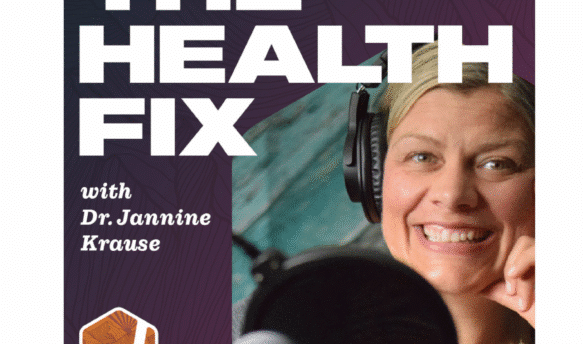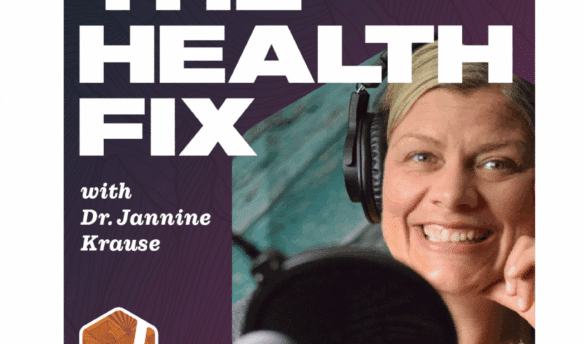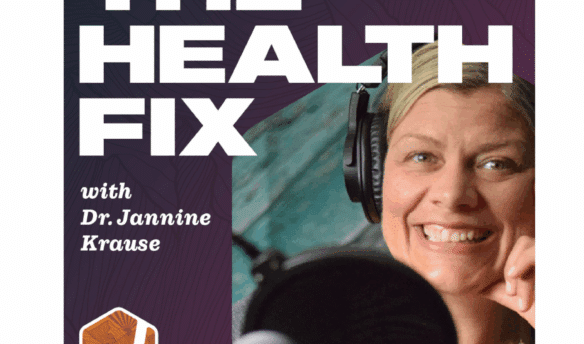The strength of your vagus nerve determines how you react to pain, how you recover from stress, and workouts in addition to how well you are able to balance your mood. Your vagus nerve is in control of your heart rate and it’s variability. Heart rate variability (HRV) is a great body check in tool that lets you know how well you are managing stress. Your ability to keep your HRV stable is associated with improved mood, increased desire for social interaction and focused thinking. The lower your HRV is the harder it is for you to adapt to stressors in your environment, making you more likely to develop mood disorders, isolate yourself socially, be more fatigued, and have chronic pain. Becoming more in tune with your body’s signals is a great way to monitor your health. When you are more in tune with your body’s stress triggers you are able to make interventions to improve well being. In this episode Doc J breaks down how paying attention to your HRV is a great systems check in tool to help your get to know your body’s signals better so that you can keep your pain, mood and mental sharpness dialed in for life.
What You’ll Learn In Today’s Episode:
• How HRV monitoring allows you to dial in your health
• Why HRV monitoring reduces fatigue and pain
• How HRV check-ins improve focus and mood
• Why being in tune with HRV improves your social life
Resources From This Episode:
• Doc J’s 5 favorite adaptogenic herbs to help you adapt to stress and improve HRV – Ashwagandha, Holy Basil, Rehmannia, Siberian Ginseng, Lemon Balm
• Doc J’s Take Control of Your Stress Response Top 7 Steps
• 1) Get on an herbal formula to help you adapt to stress
• Stress Response by Gaia Herbs
• Adrenal Complex or Rehmannia Complex by MediHerb
• 2) Obtain an HRV monitoring device and use an app such as elite HRV
• Elite HRV – my go to for HRV monitoring
• 3) Start a Biofeedback Program to calm your nervous system
• The Muse – Brain Sensing Headband for those who hate meditation
• 4) Eat Foods Closest to Nature – 6-8 cups veggies a day and track your food timing related to HRV
• 5) Connect face to face with friends or family – join a club or find others that have similar hobbies – do this at least once a week
• 6) Start moving – yoga, walking, tai chi, mobility exercises
• 7) Journal food, mood, HRV, sleep – find your triggers and work on them one at a time
• Opinion: “Heart Rate Variability, Health and Well-Being: A Systems Perspective – Research Topic
• Christopher Bergland – Vagus Nerve Survival Guide
• Mental Health HRV and Antidepressants – Podcast on EliteHRV
• Oxytocin: How Does This Neuropeptide Change Our Social Behavior? – Daniel S. Quintana
Enjoy The Show? Never Miss An Episode
• Subscribe, Rate and Review the show in iTunes
• Subscribe via Stitcher or RSS feed
• Send us feedback via Email
• Leave a comment below
Wondering if you have a low HRV? How well age is related to your HRV status. Want to learn how to stay on top of your HRV as you get older? Click Below Now!





